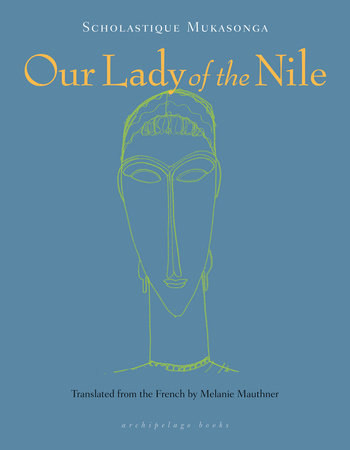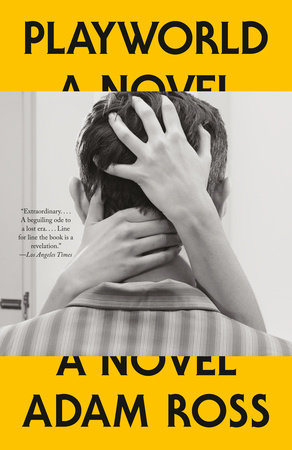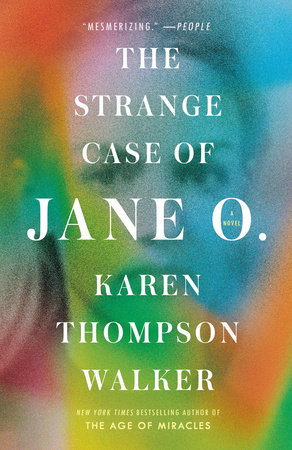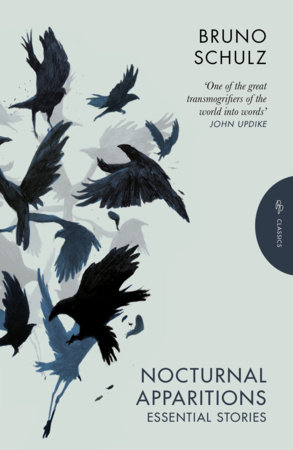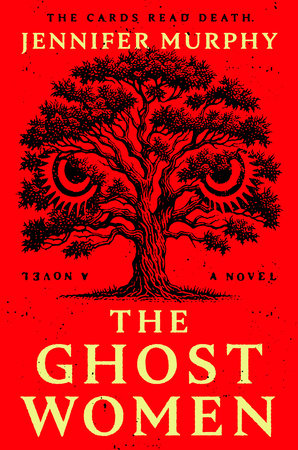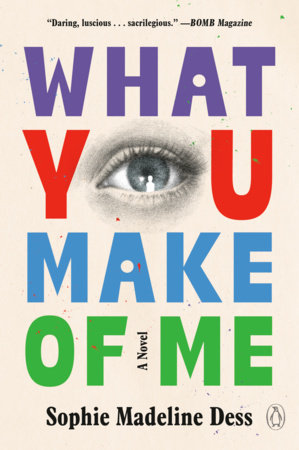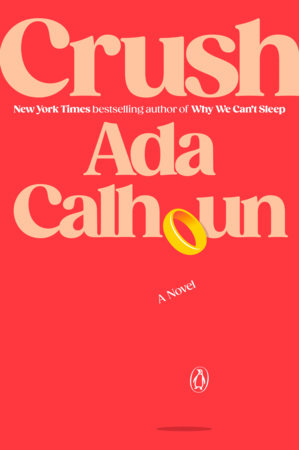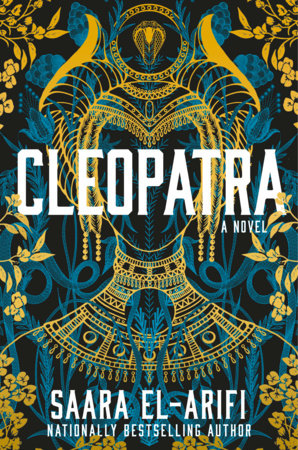A Publishers Weekly Book of the Year
Shortlisted for the International Dublin Literary Award
Mukasonga’s formidable talent turns this novel about Rwandan girls in a Catholic high school into a masterful story about genocide, colonialism, and all the ways that the world can manipulate and destroy the aspirations of girls. This is a deeply moving exploration of human cruelties – and the stubborn hope that rests in each difficult moment. This is a book for our times.
–Maaza Mengiste, author of The Shadow King
In skillfully distilling an atrocity the reach and horror of which is hard to wrap one’s head around into the eminently relatable, recognisable tale of the lives of teenage schoolgirls, Mukasonga has written a coming-of-age story like no other.
–Lucy Scholes, The Telegraph
Mukasonga’s masterpiece . . . The novel’s electricity comes from its deceptive lightness, the danse macabre of dorm intrigue on the cusp of Armageddon.
–Julian Lucas, New York Review of Books
Eerily laconic, both comedy and tragedy hauntingly understated . . . a book about our inability or refusal to protect children from history.
–Sarah Moss, The Guardian
‘Scholastique Mukasonga has wrought pain, grief and anger into art. Our Lady of the Nile demands that we ask ourselves how and where violence begins, and offers a clear-eyed view of a world falling apart. It is an important contribution to the literature of witness to Rwanda’s agony.’
–Aminatta Forna, author of Happiness
“I would recommend you set off on a quest to read everything Mukasonga’s written. In 1973, an elite school for young girls serves as a microcosm of the social issues, prejudices, and colonialist politics after independence from Belgium and before the storm of the Rwandan genocide . . . A really vivid story . . . [The genocide] looms over the seemingly innocent but quietly heartrending dramas of the girls.”
—Book Riot
Other praise for Mukasonga:
Haunted though they are by the memory of the unspeakable atrocities visited on her family and her people, these stories by Scholastique Mukasonga breathe upon a vanished world and bring it to life in all its sparkling multifariousness.
–J.M. Coetzee on Igifu
The Barefoot Woman is simultaneously a powerful work of witness and memorial, a loving act of reconstruction, and an unflinching reckoning with the Rwandan Civil War. In sentences of great beauty and restraint, Mukasonga rescues a million souls from the collective noun ‘genocide,’ returning them to us as individual human beings, who lived, laughed, meddled in each other’s affairs, worked, decorated their houses, raised children, told stories. An essential and powerful read.
–Zadie Smith
Radiant with love…The Barefoot Woman powerfully continues the tradition of women’s work it so lovingly recounts. In Mukasonga’s village, the women were in charge of the fire. They stoked it, kept it going all night, every night. In her work — six searing books and counting — she has become the keeper of the flame.
–Parul Sehgal, The New York Times









